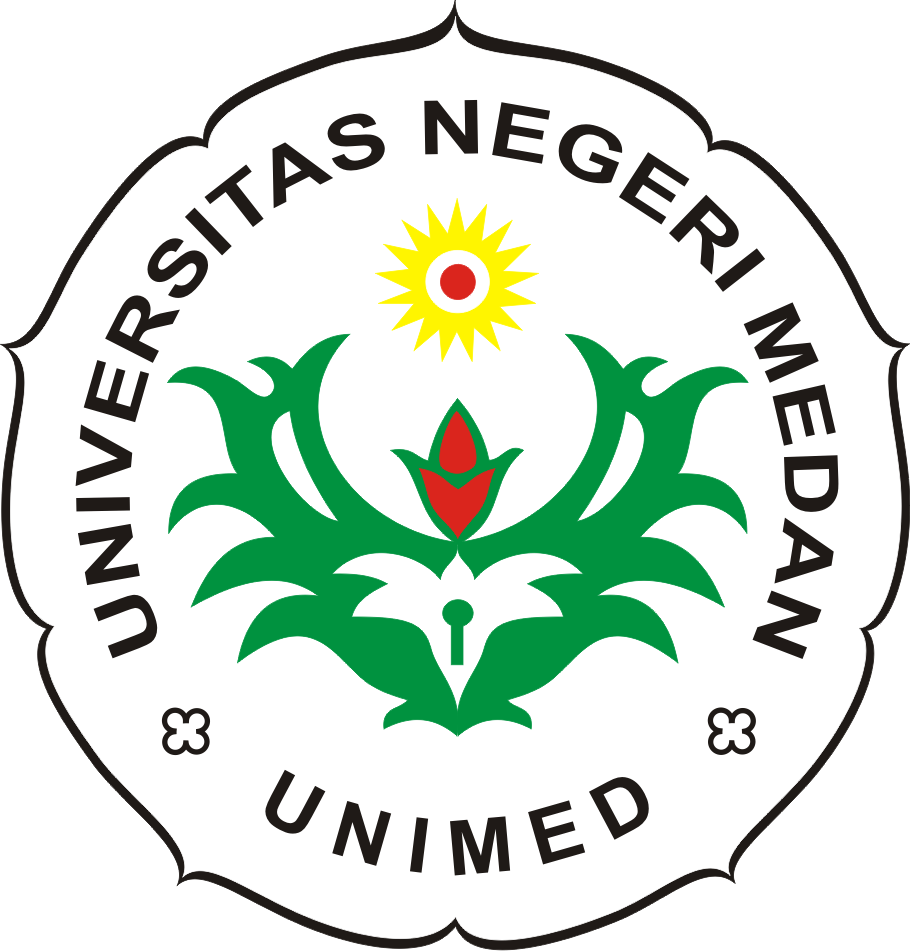IMPROVING STUDENTS ACHIEVEMENT IN WRITING NARRATIVE TEXT BY APPLYING SPORE STRATEGY
DOI:
https://doi.org/10.24114/reg.v3i2.1127Abstract
This study aims to discover the improvement of the students™ achievementin writing narrative text by applying Spore Strategy. The objective of this study isto find out whether the Spore strategy can improve students™ achievement inwriting narrative text or not. This study was conducted by using classroom actionresearch. The subject of the research was class XI IPA 2 of SMA Negeri 6 Medanwhich consists of 34 students. This study applied quantitative and qualitative data.The data of this study were obtained quantitatively through writing test whichshow that the students score kept improving in every test and qualitatively basedon diary notes, observation sheet and interview sheet which show that teachinglearning process ran well, the students were active, enthusiastic, and interested inwriting. In the first test, the mean score was 56.8. In the second test, the meanscore was 67.2, and in the third test the mean score was 81.2.The researchfindings indicated that Spore Strategy significantly improved students™achievement in writing narrative text.Downloads
Published
Issue
Section
License
Authors who publish with this journal agree with the following terms:
- Authors retain copyright and grant the journal right of first publication with the work simultaneously licensed under a Creative Commons Attribution License that allows others to share the work with an acknowledgment of the work's authorship and initial publication in this journal.
- Authors are able to enter into separate, additional contractual arrangements for the non-exclusive distribution of the journal's published version of the work (e.g., post it to an institutional repository or publish it in a book), with an acknowledgement of its initial publication in this journal.
- Authors are permitted and encouraged to post their work online (e.g., in institutional repositories or on their website) prior to and during the submission process, as it can lead to productive exchanges, as well as earlier and greater citation of published work (See The Effect of Open Access).
- This work is licensed under a Creative Commons Attribution-ShareAlike 4.0 International License.






